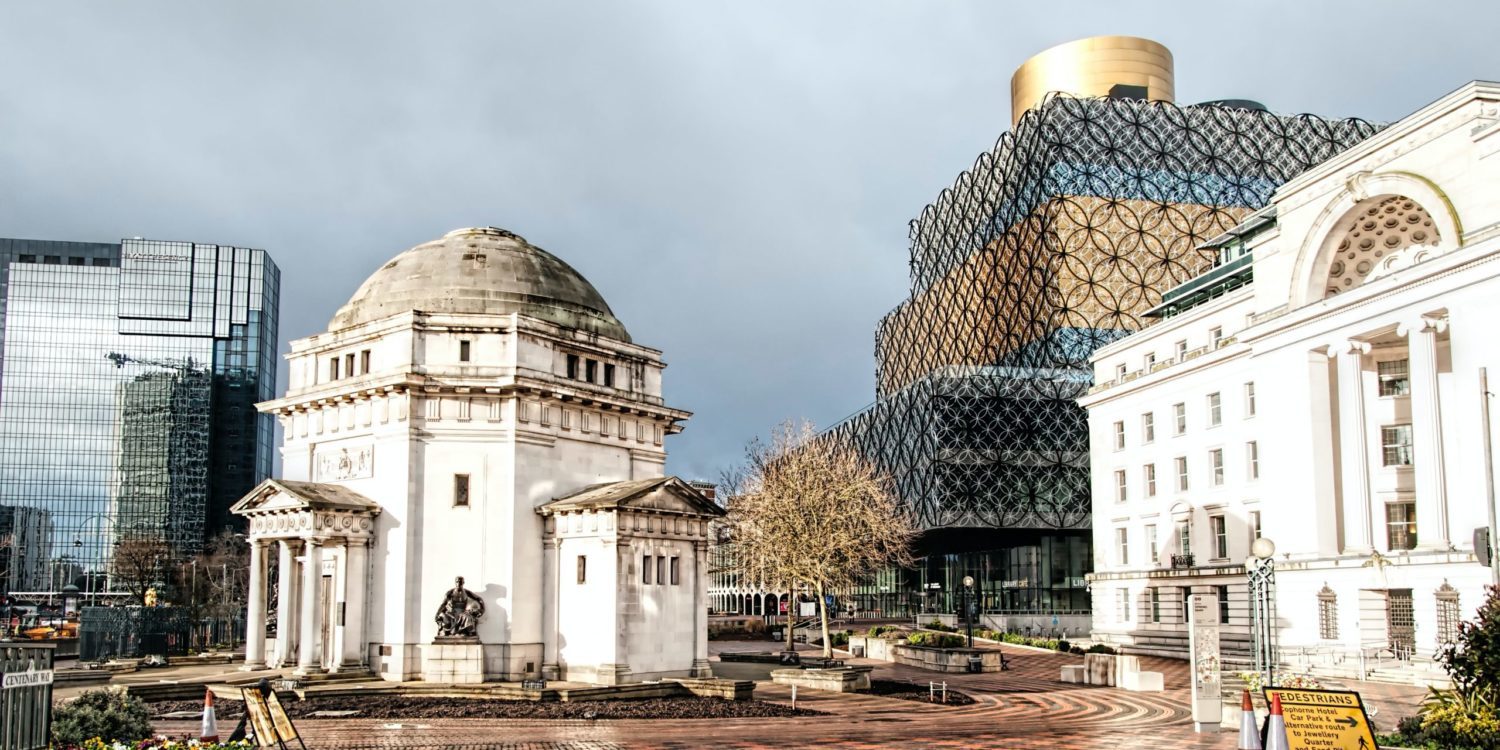People, Places, Traces: A Millennium of Arab-British Encounters took place online on 20 February 2023. People, Places, Traces is a project documenting a millennium of interactions and exchanges between the British Isles and the Arab world through a series of public talks, essays and oral history interviews. You can read more about it here.
Review by Aline Sfeir.
Where to flee for a better life? What makes it a better life? The Second World War, like most, forced deeply affected populations including those from the Middle East, to look for opportunities in a safe country, like England.
On 20th February 2023, the Museum of Islamic Arts & Heritage (MIAH) Foundation, discussed the Arab migration after WWII during their sixth and final online event hosted by historian Dr. Neelam Hussain, as part of their Arab Britain commission entitled “People, Places, Traces: A Millennium of Arab-British Encounters”.
While England has historically welcomed people from all over the world – which demonstrates why it is such a culturally rich and diverse place today – the city of Birmingham hosted a large portion of immigrants during and after WWII. Looking more closely at the Arab communities, statistics show that Yemenis were the first to move to Birmingham during the 1930’s and 40’s, and built the first mosque there called Zawiyya. During this period and until the 1950’s, Iraqi political refugees also made Birmingham their new home, while Egyptians mostly came for their studies. Other Arab immigrants such as the Sudanese followed during the second half of the 20th century in search of knowledge about trade, industries and for academic studies.
The year 1967 witnessed what was called “the brain drain”, a massive migration of Egyptians due to the Arab-Israeli six-day war. In the 1960’s and 70’s, skilful Egyptian workers moved to Birmingham looking for jobs or for higher education opportunities, a portion of which were Coptic Christians. On the other hand, Moroccan emigrants who arrived in Birmingham during this period were largely unskilled men, but with every decade, more educated Moroccans came to Birmingham, especially in the 1990’s. This also happened to be when the Somalian civil war broke out (1991 to 1995), forcing hundreds of Somalis to flee to Birmingham.
In 1976, an ambitious Egyptian medical doctor set foot in the UK for the first time. After moving around England and [proudly] failing his British medical exam four times (!), he settled in Birmingham and started a family. His name is Dr. Hany El Banna, founder of Islamic Relief in Birmingham in 1984 and the Muslim Charities Forum (MCF) of which he is now the President of the board of trustees.
“You smell the history”, said Dr. El Banna, as he took participants back to his home street in Egypt during his segment of the event, but now the buildings look fake according to him, with no sense of culture. Visiting museums and mosques in his childhood and appreciating their architecture contributed to the cross-cultural person he is today. His experience of moving to the UK was not easy in the beginning, but being a sociable and persistent man, he quickly made connections and succeeded in his career as a medical practitioner. In terms of daily life, the Egyptian communities in the UK still respected their own traditions in the 1970’s, for example: not to air any clothes and not to open any shops on Sundays. In short, have a rest! As time went on, Dr. El Banna enjoyed a simple life filled with brotherly and friendly reunions with other Muslim groups, who were mostly students like himself. Iftar meals were an example, whereby they consumed one sheep per day for a very affordable cost. The little and big things made a significant difference. What also made his life easier is that he rarely faced racism from other communities since moving to Birmingham.
The census in 2021 revealed that over 330,000 Arabs live in England and Wales, an increase of 50% compared to 2011. This number is a clear indication that the Arab migration eventually became a life settlement in the UK. Is it the warmth the Arabs bring with their lifestyle and traditions? Is it the need in the UK for specific skills? It could be both, in addition to dozens of other factors. But the reality remains: Arab-British relations are flourishing in a mutually beneficial way, whether in Birmingham or in other major cities as well.

